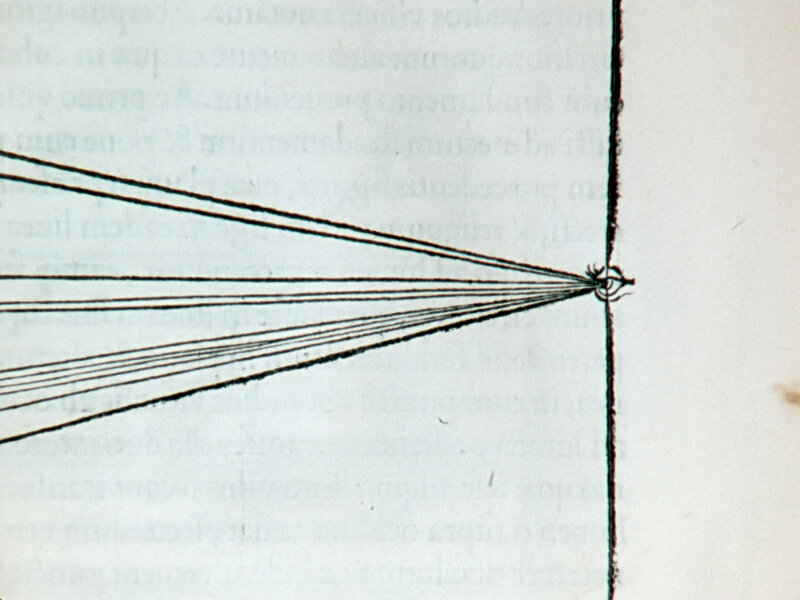
An Interview with Harun Farocki
CONVERSATION
21.04.2021
EN
Conversely, I try to find my words on the editing table. I have both my typewriter and my editing table in one room. It is connected to this question of writing and filmmaking, because it is also very evident you cannot make films the same way you can write a text. For the text you need to go to the library, but 80% or so of them are created in the room, or if not created, then at least the final version is made indoors at your desk. That is also the last stage of the filmmaking, the aspect where writing and filmmaking come together. People ask me, why don’t you write anymore, and I realise it is because I have succeeded in making a form of writing out of my filmmaking.